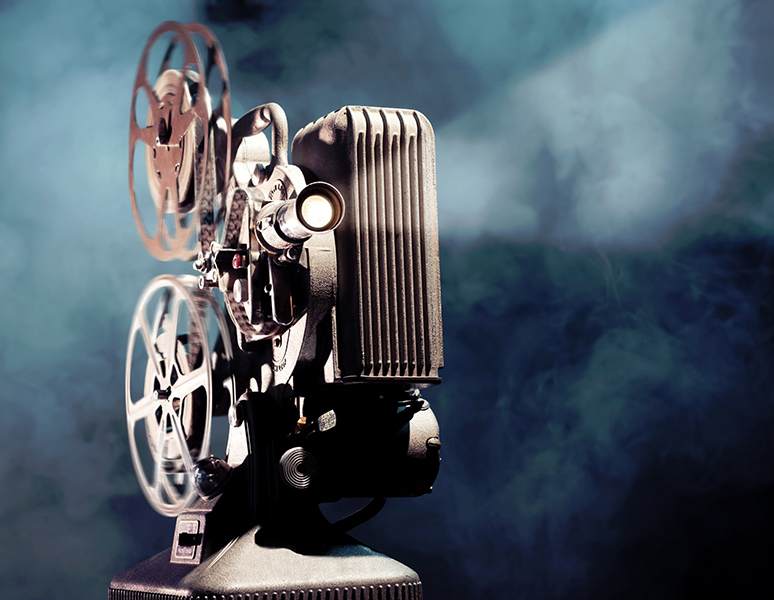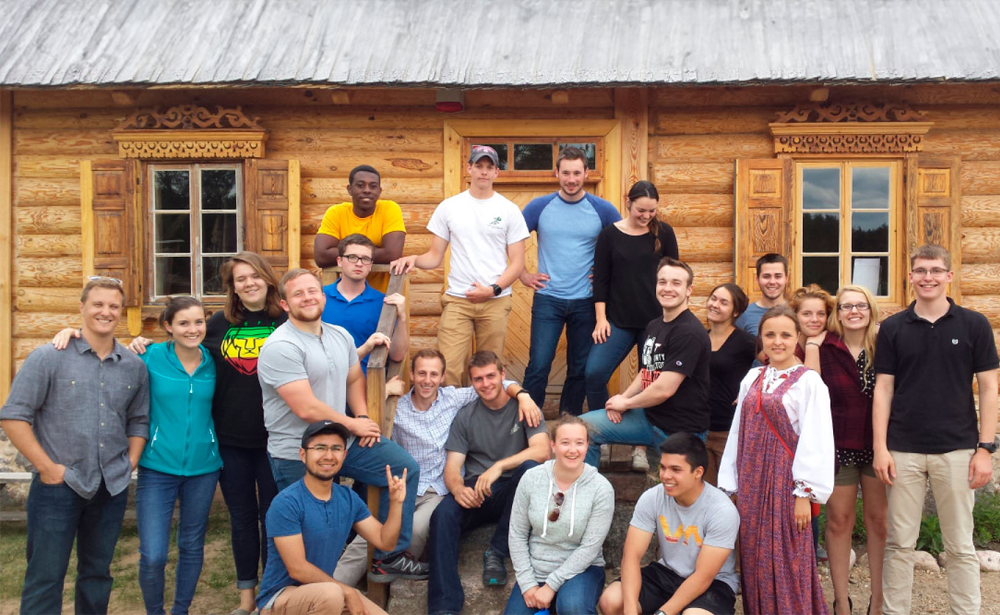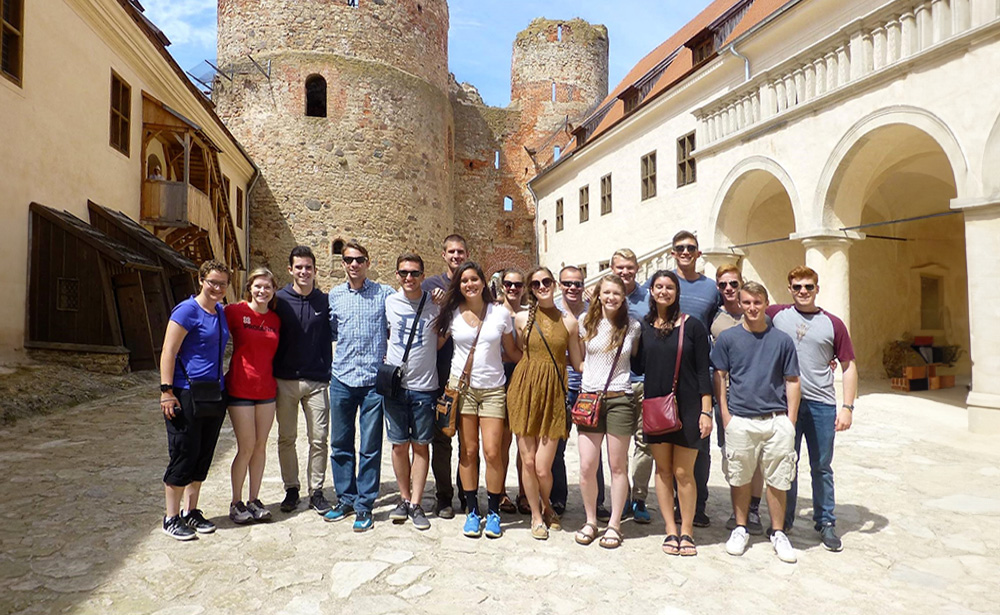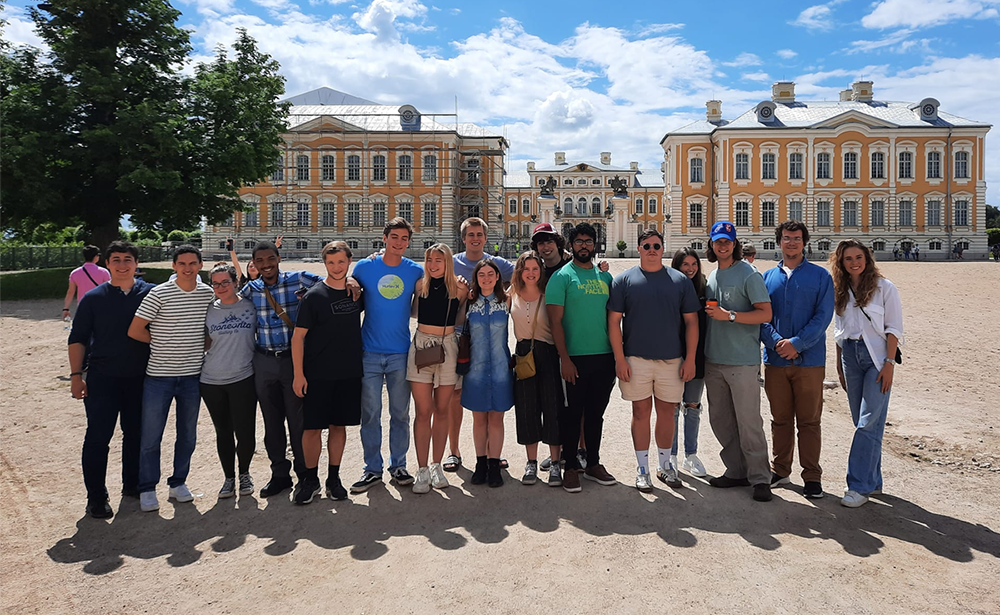Must-Watch Modern Russian Movies
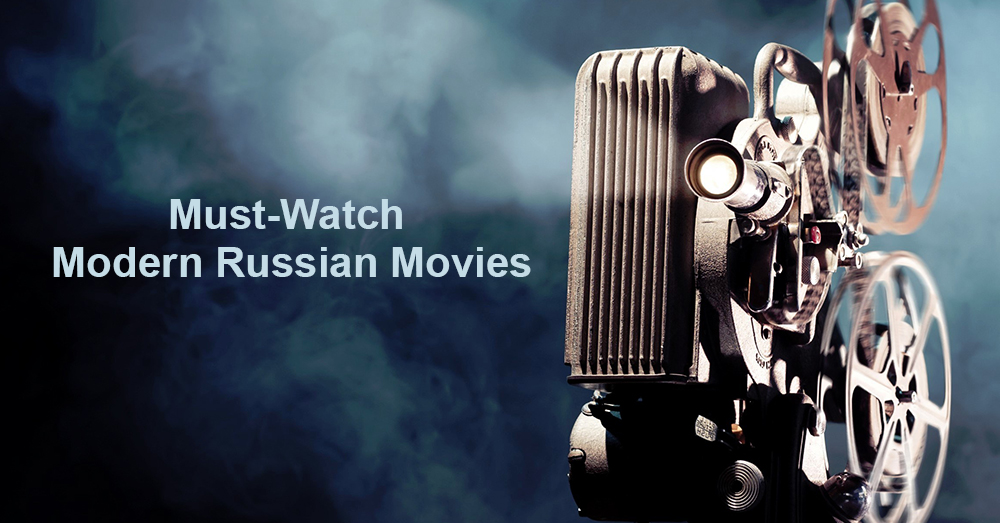
We have recently told you about modern Russian books. We hope you liked the list of modern Russian books we offered. Today we are going to speak about modern Russian art again. This time we’ll focus on Russian cinema, and we’ve selected top 5 must-watch modern Russian movies.
Белые ночи почтальона Алексея Тряпицина (2014)
The Postman’s White Nights
Director: Andrey Konchalovsky
Awards: The “Silver Lion” for the best director, the “Golden Eagle” for the best screenplay
Russia is a huge country. There are thousands of villages where people live o their own cut off from the state. A postman is very often the only one who connects these people with an urban civilization. Konchalovsky made his film about one of the postmen – Aleksey Tryapitsyn.
“Belye nochi pochtalona Alekseya Tryapitsyna” is an interesting film because it’s both a documentary and a fiction film. Aleksey Tryapitsyn, or as people call him Lyokha, is not a fictional character, he is a real person who plays a part of himself in the film. Most actors in the film are not professionals, but the villagers who live in the village where the shooting of the film took place. The characters’ everyday life is not invented; the scriptwriters only added a few plotlines to turn a common story into a drama.
Как я провёл этим летом (2010)
How I Ended This Summer
Director: Alexey Popogrebsky
Awards: the “Silver Bear” for Best Actor, the “Silver bear” for Outstanding Artistic Achievement in the Category Camera: Pavel Kostomarov, Best Film (London Film Festival).
It’s a thriller. The action takes place at the polar station on the island in the Arctic Ocean. The only people at the station are Sergey, a boss at the station, and Pavel, an intern who is having his three-month practice at the station. Very soon they both have to go back to the main land. Then Sergey will be able to see his family that he hasn’t seen for a long time, but Pavel will be glad to get home as he hasn’t had all adventures he would have loved to have.
The radiogram from the mainland that Pavel receives while Sergey is absent changes the situation dramatically. Pavel does not know what to do with the information he has received, therefore he hopes to wait for the ship which will take him away from the station. However, in the Arctic, so far away from the civilization, everything might happen, and very soon each character will have to choose between his own life and the life of the other.
Трудно быть богом (2013)
Hard to Be a God
Director: Alexei German
Awards: the “Golden Capitoline Wolf” for the contribution to the art of cinema, 7 “Nika” awards
“Hard to be a God” was created based on the novel by Arkady and Boris Strugatsky, prominent Soviet science fiction writers. A lot of cinema lovers know them because on the film by Andrey Tarkovsky “Stalker” that was also made based on their novel.
The film is set on an imaginary planet that is at the medieval level of development culturally and technologically. Observers from the Earth work on the planet. Their task is to carefully correct some events without interfering into the logical historic development. Don Rumata, the main character of the film, is one of these observers from the Earth.
The society he is observing undergoes dramatic changes which involve the change of power and violence. The main character sincerely wants to restore the justice and he interferes into the conflict breaking the basic rule of his profession, and he faces complex moral dilemmas.
Легенда №17 (2013)
Legend No. 17
Director: Nikolay Lebedev
Awards: 13 awards from various Russian film festivals
Legend No 17 is a sports drama about a legend of Soviet hockey Valeri Kharlamov. This genre is not as widely represented in the Russian cinema as in the American cinema, which makes this film even more attractive as the authors of the film managed to make a good movie in the area that is almost unfamiliar for the Russian cinema.
The film tells about young Kharlamov’s career until the moment when he rose to fame in the first match of the Summit Series USSR-Canada in 1972. However, the fame and applauses by the Canadian audience were preceded by a severe leg injury in the car accident, sports injuries and disagreements with Soviet sports authorities.
Рассказы (2012)
Short Stories
Director: Mikhail Segal
Awards: the “Best Russian Film” at the Pacific Meridian Festival, 3 awards from various Russian film festivals
“Sort Stories” are four comedy short stories that make up a picture of modern Russia and demonstrate feelings, ideas and ambitions of people living in Russia.
The story begins when a young writer brings his collection of short stories to a big Moscow publishing house. The editor doesn’t find the genre of short story popular and refuses to publish them. However, the manuscript left in the office causes some interest. It mystically influences the life of anybody who reads as least one page of it. Four short stories and four readers whose lives they change. Situations vary from realistic to gripping and totally absurd. But they all have two things in common – humor and totally unpredictable ending.
Other films that might be interesting
When we were working on the list of films we tried to pick up the films of various genres, therefore, several really good films were not included into the list. So we are going to mention them, anyway. All these films are worth watching.
- “Leviathan”, director Andrey Zvyagintsev. The Golden Globe Award, the Golden Palm and more 30 other awards.
- “Under Electric Clouds”, director Aleksei German Jr. The Silver Bear and APSA award.
- “The Geographer Drank His Globe Away”, director Alexander Veledinsky. 21 awards from Russian film festivals.
- “The Students”, director Kirill Serebrennikov the François Chalais Prize (the Cannes Film Festival) and 11 awards from international and Russian film festivals.
- “Elena”, director Andrey Zvyagintsev. Un Certain Regard section at the Cannes Film Festival – the Special Jury Prize and 20 more awards from international and Russian film festivals.
Now you know more not only about modern Russian literature but also about modern Russian movies. What film are you interested in? Have you already seen any of the films? Leave your comments!
You may be interested
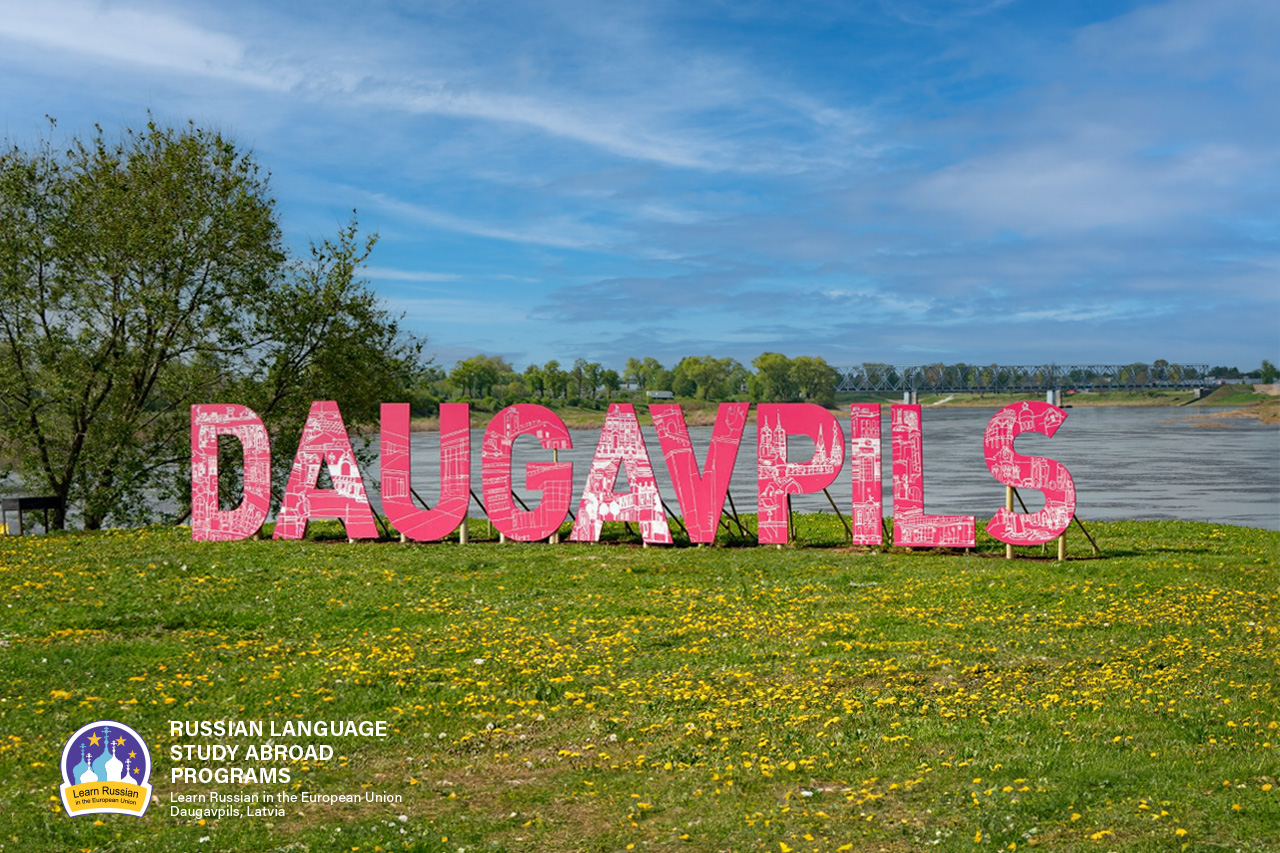
Why do people speak Russian in Daugavpils?
As it seems to us, Daugavpils is the best place to learn Russian now, because our city is situated in the EU and NATO, but at the same time 90% of the city’s population speak Russian at home.
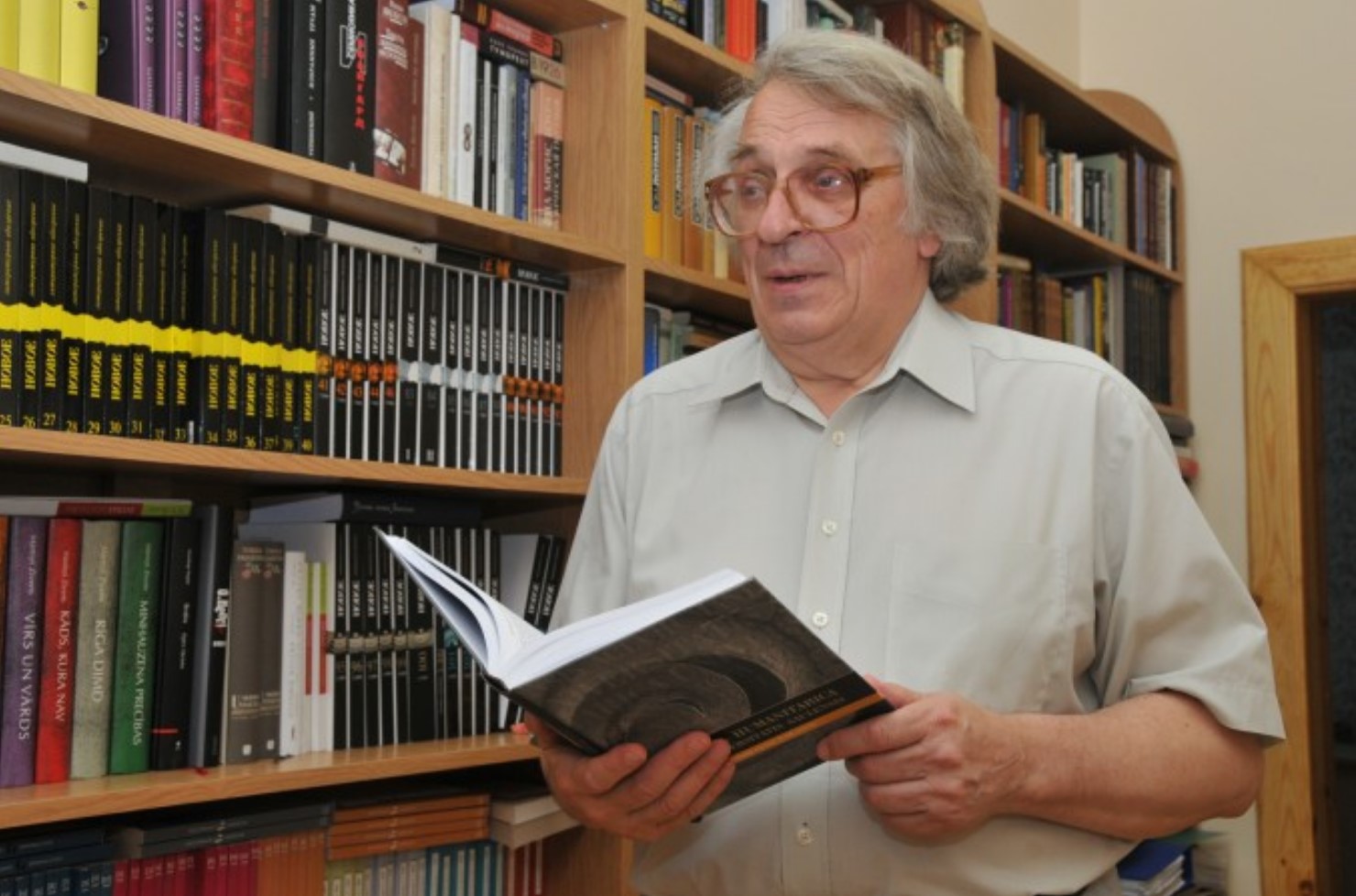
ЭТЮД О ДВИНСКЕ
Etude on Dvinsk by F.Fedorov
The Baltic region is one of the most catastrophe prone regions of the 2nd millennium, especially its second part; it is the centre of attraction of ‘geopolitical’ interests of the European world. Probably the most tragic fate has befallen to the eastern part of the present Latvia and its multi-titled town of Dinaburg – Dvinsk – Daugavpils. During its 730 years long history, the town went through five rather autonomous periods of development, five different lives (German, Polish, Russian, Latvian, Soviet), and at the beginning of the 1990s it entered into the 6th period.
The history of Dinaburg – Dvinsk – Daugavpils is the history of five attempts by the town to begin its life anew; and this is determined not only by the fact that the town was four times burned down and had to start life from scratch, but first and foremost because each of these periods was characterized by a total change of ethnos and the socio-cultural field.
The present article deals with the cultural space of the town in one of the most efficient periods of its development – from the 1860s till World War I.


